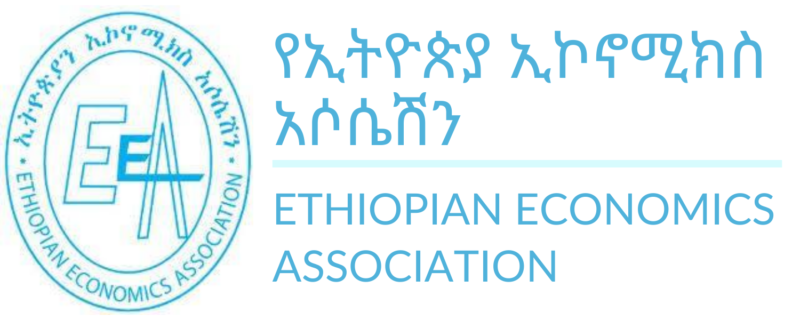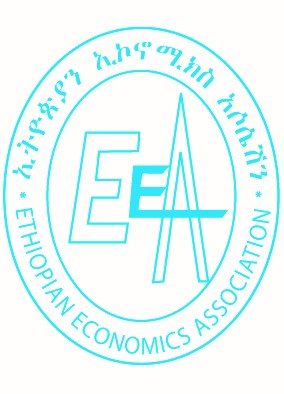Summary
This semi-systematic review is based on 40 articles published between 2010 and 2021 in peer-reviewed journals. The review also considered different theoretical, methodological, and conceptual frameworks elevant to women economic empowerment. The review has identified communalities in gender gaps in economic empowerment and the underlying determinants of these gaps in different areas. The review indicated women in Ethiopia are facing with various constraints such as limited access to: management and control over agricultural resources and technologies, agricultural extension and financial services and institutional support. Moreover, although women supply agricultural labor, in most cases they have limited decision making power on issues that affect their economic welfare. Women’s limited access to productive assets and decision making also results in women’s lowered market participation. On the other hand, women’s involvement in running MSEs enabled women to be more involved in decision making, both at home and in the community. It has also been noted that self-help groups (SHGs) and collective action have positive effects on three dimensions of women’s empowerment. Female SHGs showed higher mobility, more socially empowered and able to participate in decision-making, better access to resources, and rights and entitlements within communities, hence were more politically empowered. However, in pastoral community, men were said to own more livestock than women because they were perceived to be more knowledgeable about the subject. As a result, men had more decision-making power over livestock and land and the final say about their management. On the other hand, women make decisions about how to use and when to sell milk, butter, chickens, and eggs without consulting male household members. In the pastoral community, although men dominate most of the pastoral livelihood diversification activities, women are also playing significant roles in petty trade, poultry farming, and selling of firewood, which increases women’s workload and income and improves their decision-making power in the household. However, more men than women participate in animal trade which is traced back to the inequality between women’s and men’s access to live animals. The low participation of women in such remunerative activities has negative impacts on women’s agency and economic empowerment.


